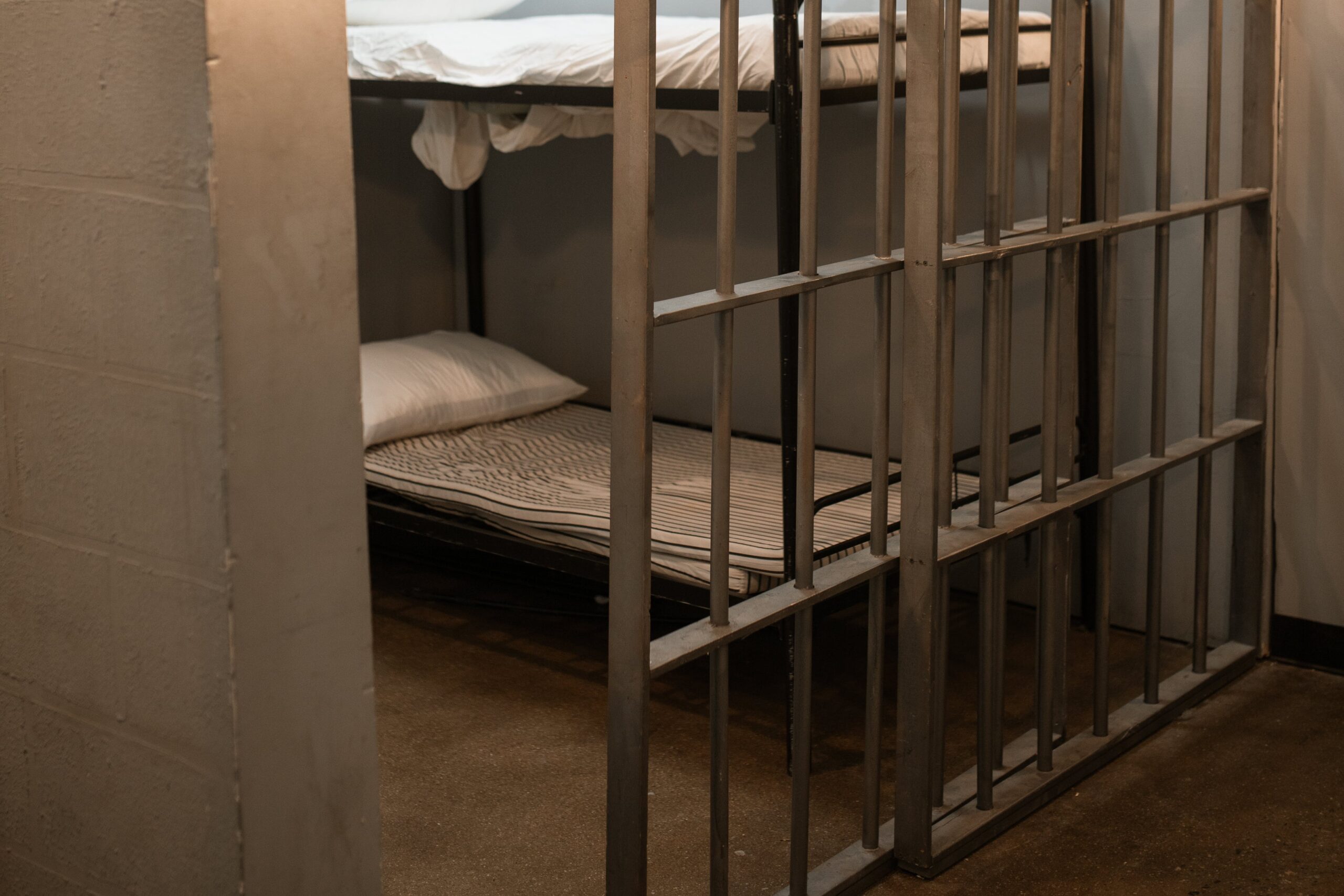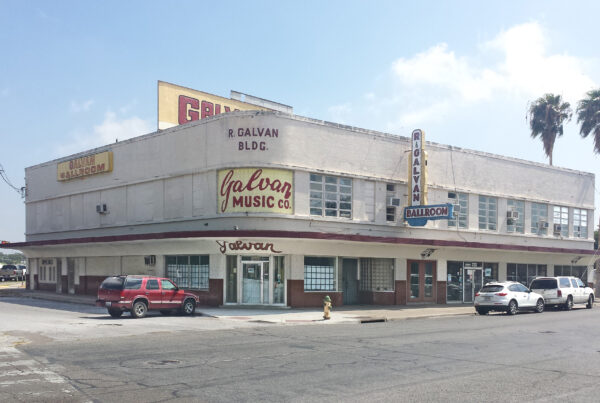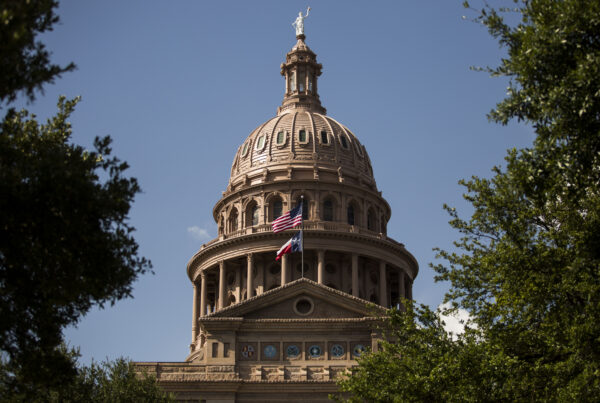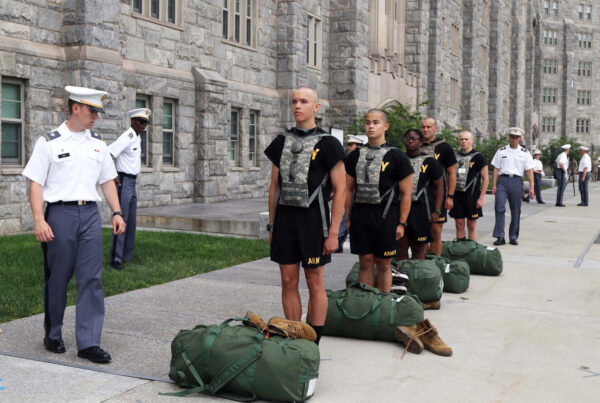40 years ago, James Reyos was convicted of murdering a priest in Odessa.
He spent more than a decade in prison and was released in 1995 for good behavior, but has ended up behind bars a few times since then for parole violations.
Reyos’ story mirrors many people’s experiences with the criminal justice system in Texas, except in one major way: He never murdered the priest in Odessa, something finally acknowledged by the Texas Court of Criminal Appeals last week.
The conservative court ruled 9-0 that Reyos is, “actually innocent” and granted him an exoneration.
Now, Reyos’ legal team is seeking more than $2 million from the state for all those years he wrongfully spent behind bars.
Michael Hall has covered the story for Texas Monthly and joined the Texas Standard to talk about Reyos’ case and what he has planned next. Listen to the interview above or read the transcript below.
This transcript has been edited lightly for clarity:
Texas Standard: So Reyos was convicted wrongfully of murdering someone in 1981. What else can you tell us about this case and how he got tangled up in it?
Michael Hall: Yeah, James is an Apache Indian. He was from the Hickory Reservation up in northern New Mexico. He was a repressed gay man and he had met this priest who was a repressed gay priest hitchhiking. And they had actually gotten to know each other and they had had an assignation one night. And Reyos never got over it, felt really bad about it.
The priest was murdered a day later and 11 months after that, Reyos, who was an alcoholic, had a really bad night and felt like he had something to do with the murder of this priest. He called and he confessed to it, took back the confession almost immediately, but that was enough to take him to trial in Roswell, New Mexico. He was found guilty and sent to prison.
But of course, 40 years later, Reyos is finally exonerated for this murder. But your reporting mentions that one of the big factors in clearing his name has to do with the children of the Odessa police chief. Can you say more?
Yeah. James is very lucky that his story has been written about and done numerous times, and it’s also been on some podcasts and there was a podcast that was listened to by a couple of young people up in Odessa, and it happened that their father is the chief of police.
And so they said, “Dad, what’s going on here? There was no evidence against this guy. He was 250 miles away. He took back this convention. This confession. Can you look into it?” And Chief Michael Gerke looked into it, got his cops to look into it, and they said, “you know what? Not only is there no evidence, but they found the fingerprints of three other men who had been in the hotel room with that priest that night when he was violently murdered. And these guys had criminal records.”
And the more they looked into it, they thought “this is a terrible wrongful conviction.”
Reyos and his lawyers are currently trying to get millions of dollars from the State of Texas for that time he was locked away. How likely is it that he’ll see that money?
I think it is very likely because according to the statute, if you have the Court of Criminal Appeals adjudicating you “actually innocent,” which is a legal term, then you are entitled to that money. It’s very hard to get that legal term, “actually innocent.” But Reyos was able to prove it.
Yeah, that’s a very high bar indeed. You mentioned, though, that Reyes, he was released in 1995, but he spent a lot of time since then behind bars because of parole violations. Like what?
Well, James is an alcoholic, and he would get picked up for public intoxication, and that’s a parole violation. And he was sent back three different times for that. You know, it’s something that he is trying really hard to overcome now. He’s 67-years-old and he’s trying to make it so he never goes back.
Well, given that he’s spent much of his life in and out of the justice system, a lot of which were related to this wrongful murder conviction, do we know what he plans to do now that his name has been formally cleared?
He’s talked for years about going back home to the reservation in New Mexico where he’s from. He still has family there. He has brothers and children of his brothers who he hasn’t seen in decades.
But he also really likes Austin. He has friends at the apartment complex he lives in. It’s kind of like a dream to him that this has finally happened. And so he’s still trying to figure out what he’s actually going to do next.














